Hailed for his stunning use of light and epic downtown shots, we take a seat with this month’s cover star, Adam Borkowski, photographer of Warsaw…

Hailed for his stunning use of light and epic downtown shots, we take a seat with this month’s cover star, Adam Borkowski, photographer of Warsaw…

WI: Is Warsaw easy to photograph?
AB: Yes and no. It is easy compared to other Polish cities, but I still think it is not as easy as, for example, London, NYC, Chicago, etc. I think the center is very photogenic and so too the more distant points that overlook the heart of the city, but recently we’ve seen a lot of photographers enter the scene – it’s becoming harder and harder to find a unique frame.
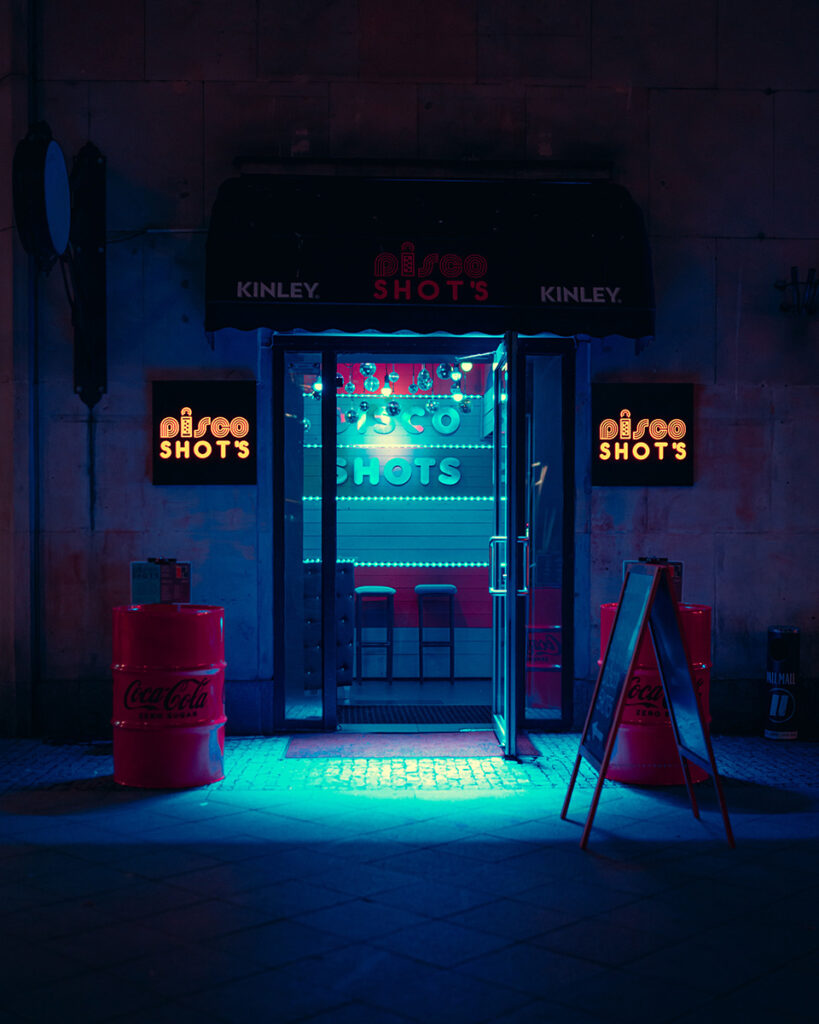
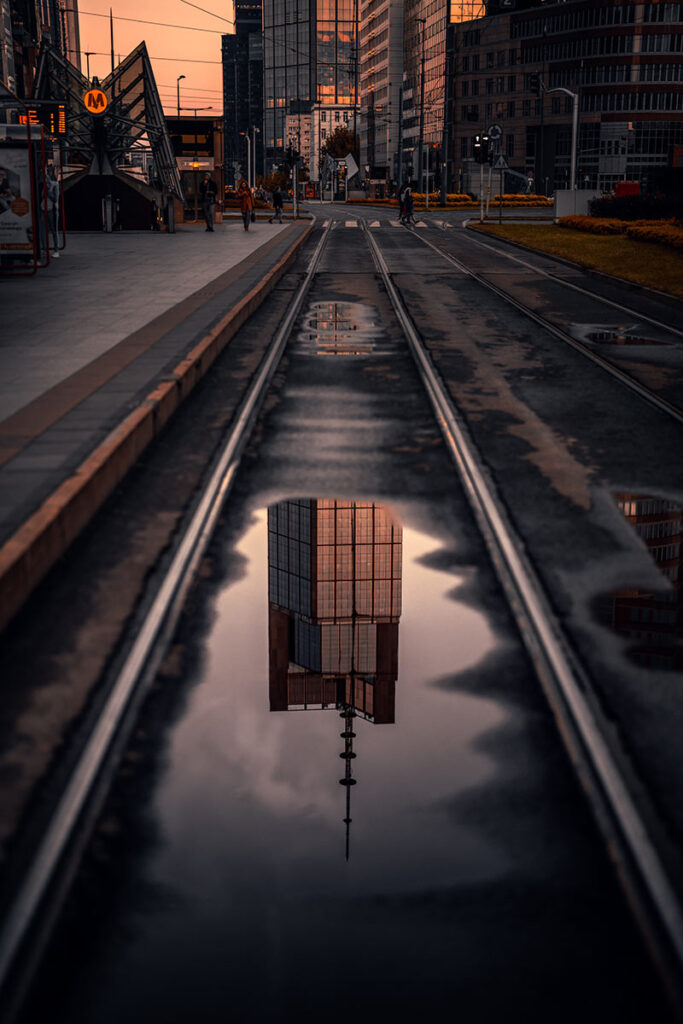
What do you love photographing about the city?
I love the fact that there are so many elements right at hand – people, the cityscape, super cars, neon signs, skyscrapers, and much, much more. I like the fact that even though I have been photographing the same city for years, it’s still dynamically changing. It’s great that the city offers so many possibilities.
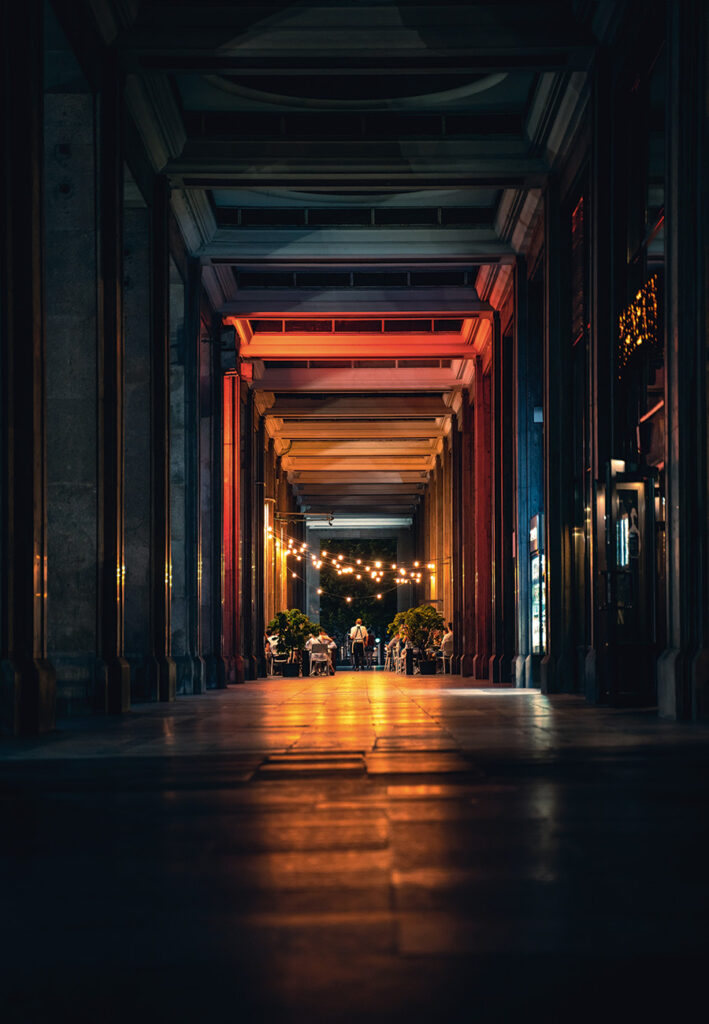
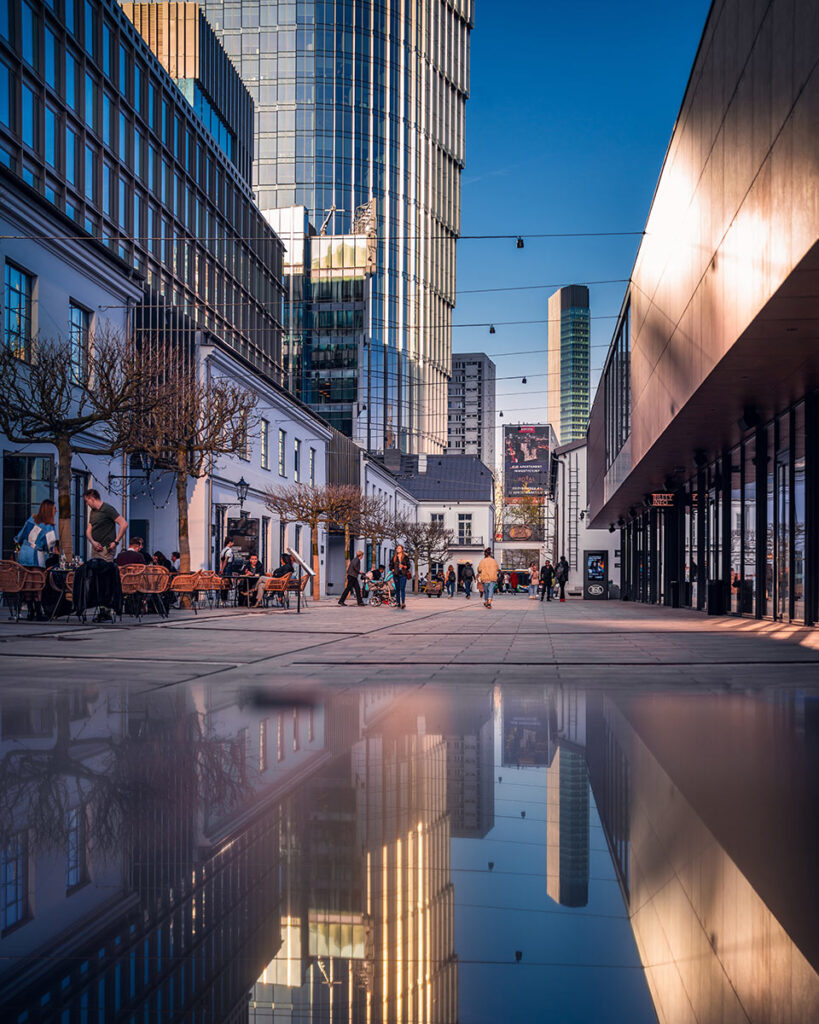
Are there any secret places you love photographing from?
I don’t really know any secret places. Usually I shoot publicly accessible places, albeit showing them in a personal way that I hope is unique. I like the area around Rondo ONZ and Rondo Daszyńskiego. Recently I’ve become fond on Rondo Dmowskiego as well. Anyone who enjoys my work can visit the same places I do and try their own hand at photographing them.
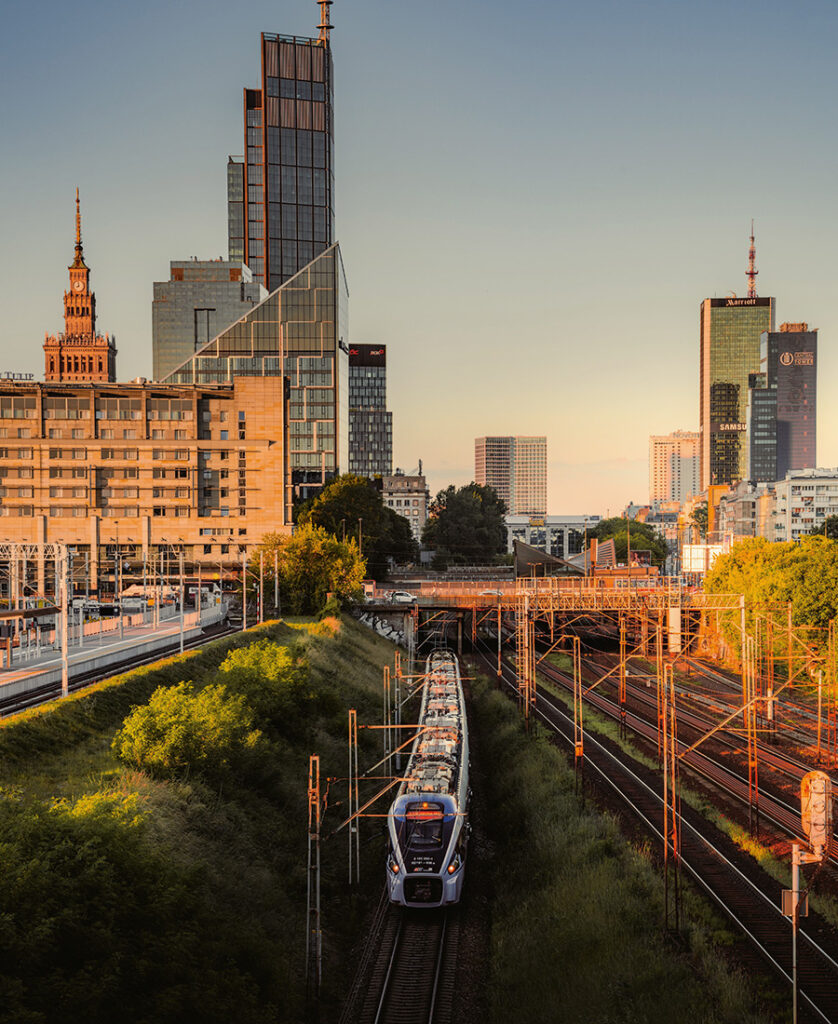
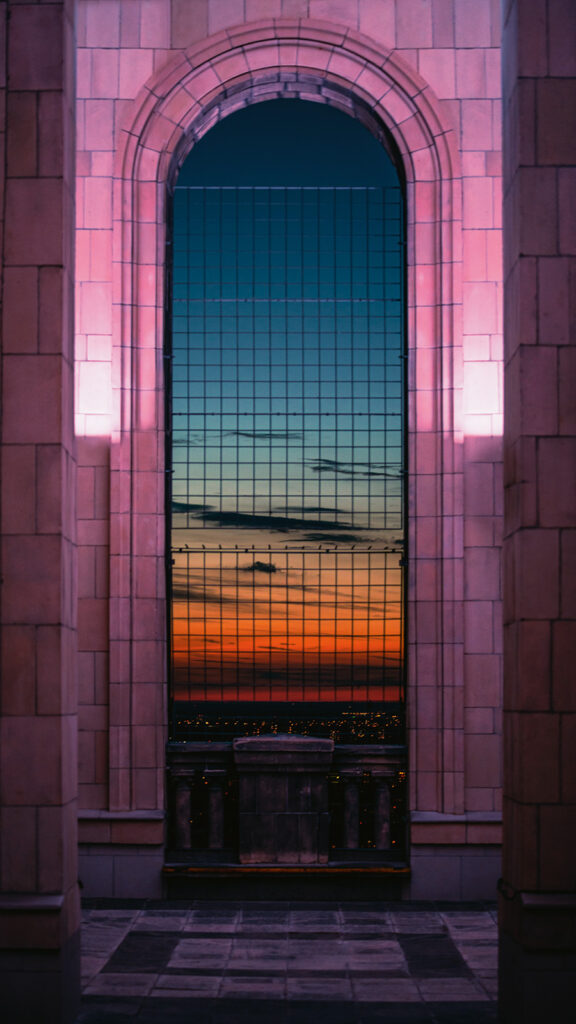
What have you learned about the city since you started photographing it?
I’ve learned that just because a place has been photographed by a lot of different people, it doesn’t mean you can’t do something new there yourself. I’ve also learned that cities change so quickly that the same place can look different one hundred times over depending on the light, weather, framing, etc.
And, it goes without saying, I’ve learned to value patience. Sometimes it’s worth waiting around as even a seemingly boring place can sometimes change into something beautiful if you wait around for an extra ten minutes.
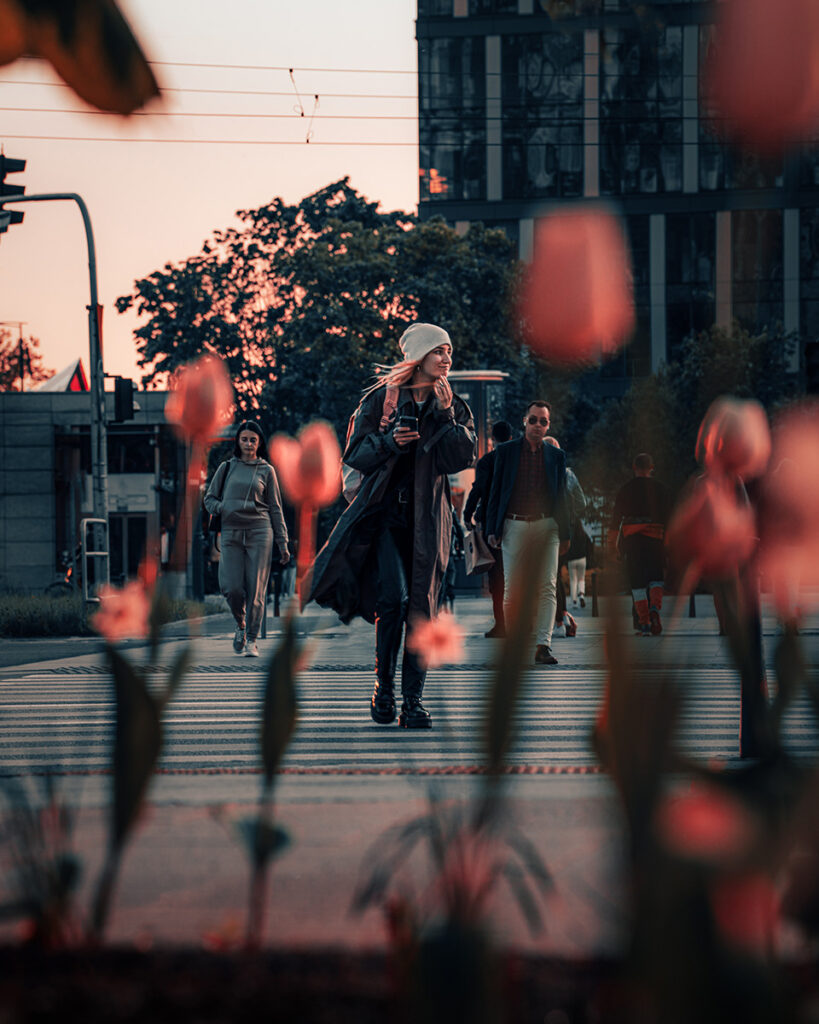
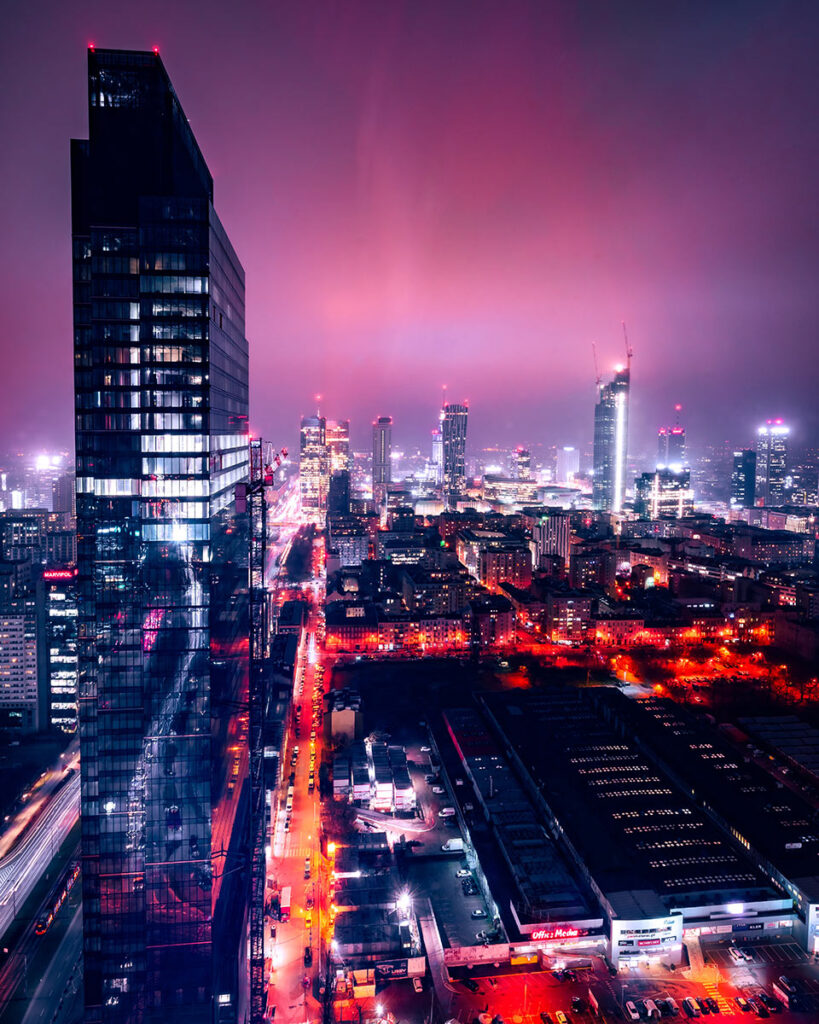
What makes a good photograph?
Framing and composition – these are the most important thing in my opinion because they are the least subjective. Exposure can be corrected during the editing process, colors can be completely recreated in Lightroom or Photoshop – but if the composition is not right, nothing can help an image.
Colors and light are also important, but where those are concerned every viewer will have their own preference. The better composed photo is the better one and processing is just the icing on the cake.
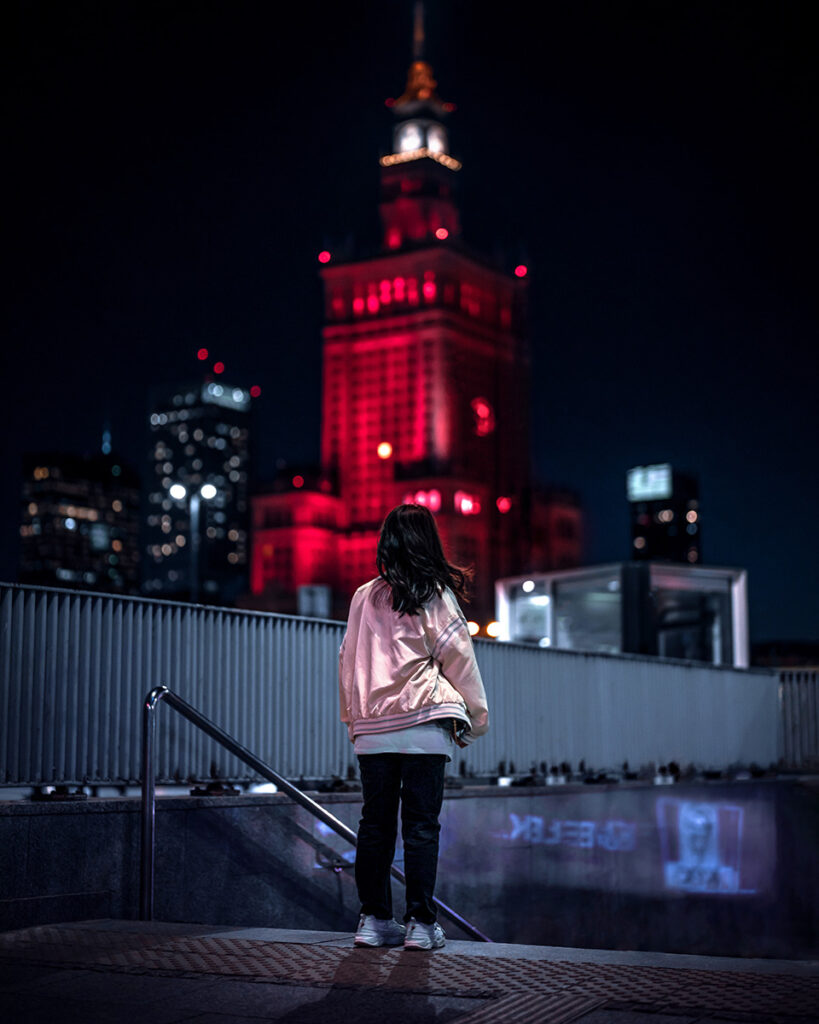
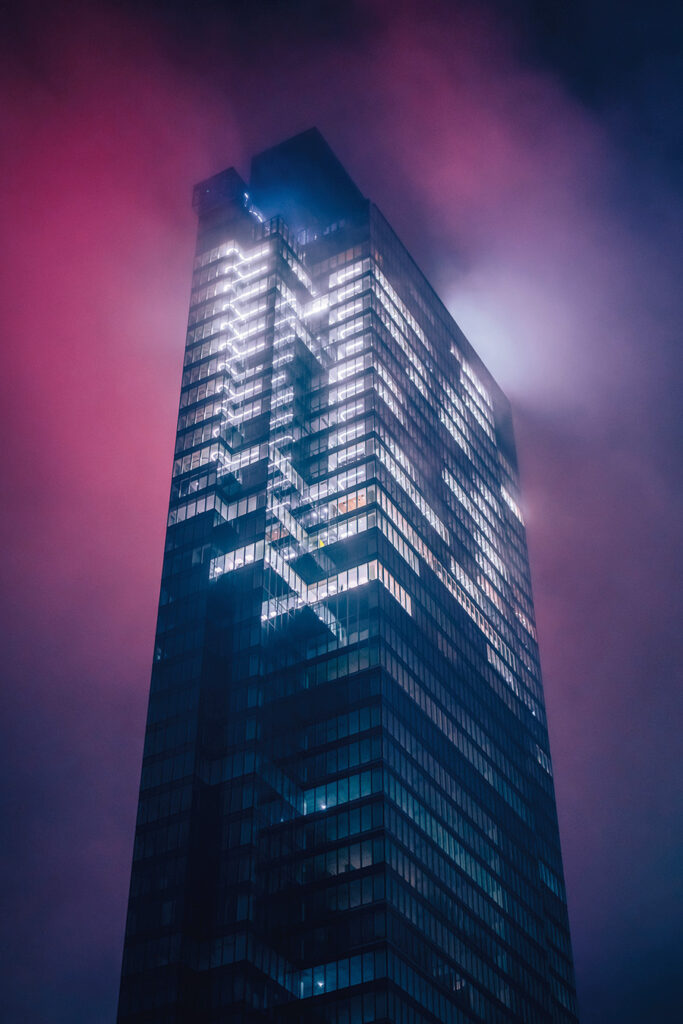
Do you plan your shots?
Some yes, some no. Sometimes I have an idea for a shot and I do some planning. But mostly I like to go out and rely on what happens to me on the way. I’m out on the town way too often to have a plan each and every time.